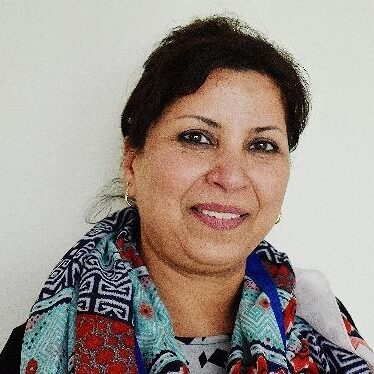Parental Engagement of English as an Additional Language (EAL) Parents in Schools: Strategies and Benefits

Parental engagement in schools is universally recognised as an important factor in a child’s educational journey. However, for parents with English as an Additional Language (EAL), navigating the education system and actively participating in their child's schooling can be challenging. In this article, we explore the importance of parental engagement among EAL parents, the barriers they may face, and effective strategies for schools to foster meaningful involvement.
Importance of Parental Engagement for EAL Parents:
Parental engagement is vital in supporting children’s academic success, regardless of linguistic or cultural backgrounds. For EAL parents, active involvement in their child's education can significantly impact their language development, social integration, and overall well-being.
Barriers to Parental Engagement:
EAL parents often encounter various barriers that hinder their engagement with schools. Language barriers, cultural differences, lack of familiarity with the education system, and feelings of intimidation or inadequacy are common challenges faced by these parents. Additionally, socioeconomic factors, such as limited access to transportation or conflicting work schedules, can further impede their involvement.
Strategies to Enhance Parental Engagement:
To promote parental engagement among EAL parents, schools can implement several strategies:
Multilingual Communication: Providing information in parents' home languages through translated materials, multilingual staff, and interpreter services facilitates better understanding and communication.
Cultural Sensitivity and Awareness: Educating school staff about the cultural backgrounds of EAL families fosters empathy and understanding, helping to bridge cultural gaps and build trust.

Welcoming Environment: Creating a welcoming and inclusive school environment where EAL parents feel valued, respected, and comfortable participating in school activities is essential.
Parent Workshops and Training: Offering workshops and training sessions on topics such as navigating the education system, supporting children's learning at home, and promoting literacy can empower EAL parents and enhance their confidence in engaging with schools.
Flexible Engagement Opportunities: Providing flexible engagement opportunities, such as evening or weekend events, virtual meetings, and asynchronous communication channels, accommodates the diverse needs and schedules of EAL parents.

Benefits of Parental Engagement:
When schools actively involve EAL parents in their child's education, several benefits emerge:
Improved academic outcomes for EAL students, including enhanced language proficiency and higher achievement levels.
Increased parent-school communication and collaboration, leading to a stronger partnership in supporting children's learning and development.
Enhanced sense of belonging and community among EAL families, contributing to greater social integration and cultural exchange within the school community.
Conclusion:
Fostering parental engagement among EAL parents is essential for promoting the academic success and well-being of their children. By recognising and addressing the unique challenges these parents face, schools can create inclusive environments where all families feel valued, supported, and empowered to actively participate in their child's educational journey. Through collaborative efforts between schools, families, and communities, we can ensure that every child receives the support and resources they need to thrive in school and beyond.
Article by
Rashda Salamat
English as an additional language Teacher
The Inclusive Learning and Achievement Service (ILAS)
rashda.salamat@northtyneside.gov.uk

